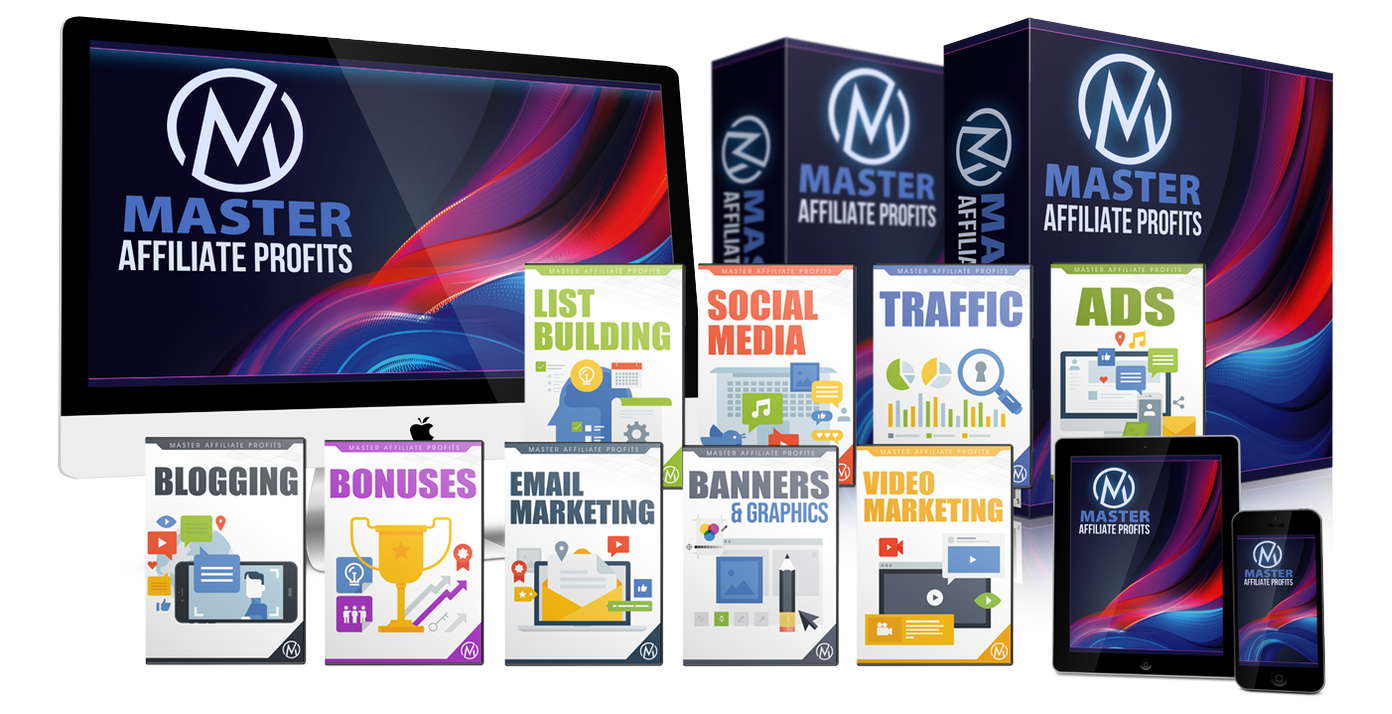5 Successful Strategies for Facebook Affiliate Marketing
By Duncan Whitmore
Facebook has evolved into a bustling marketplace, boasting more than 3 billion monthly active users.[1] This platform is not just a social networking site; it has become an essential hub for businesses to reach potential customers.
For those dabbling in affiliate marketing, Facebook may well be the "go-to" platform - but one that presents both opportunities and challenges.
Here are five strategies to effectively leverage the power of Facebook for affiliate marketing.
1. Build a Targeted Audience
The cornerstone of successful affiliate marketing on Facebook (and anywhere else, for that matter) is building a well-defined and targeted audience.
To kick off your journey, you need to understand who your ideal customers are. The better you know your audience, the more effective your marketing efforts will be.
Creating a Facebook page centered around your niche can help you attract followers who are genuinely interested in the products you promote.
Don’t, however, just focus on numbers; pay attention to engagement rates and audience demographics. Use Facebook Insights to analyze the behaviors and interests of your audience.
This data can help you curate content that resonates with them, leading to higher engagement and ultimately, better conversion rates.
Not all traffic is created equal; attracting the right audience is crucial in affiliate marketing. So consider joining Facebook Groups related to your niche, participating in discussions, and providing value - all while subtly promoting your affiliate products.
Remember, affiliate marketing is about building relationships and trust before making sales.
2. Create Engaging Content
Content is the lifeblood of affiliate marketing, and Facebook is no exception. To capture attention and drive action, your content must be engaging and shareworthy.
Consider experimenting with various formats, such as images, videos, and even live streams, to keep your audience engaged.
Videos are particularly effective on Facebook, with the platform prioritizing video content in its algorithm. So that means you can create product reviews, unboxings, or how-to videos that incorporate your affiliate links.
Remember to keep your videos concise but informative. Aim to spark discussions in the comments section to improve your visibility.
Moreover, storytelling can be a powerful tool. Share personal experiences related to the products you promote. This builds authenticity and makes your affiliate marketing efforts feel more genuine.
The more relatable your content, the higher the chances of your audience making a purchase through your affiliate links.
3. Use Facebook Ads Strategically
While organic reach is a fantastic start, using Facebook Ads can supercharge your affiliate marketing efforts. Targeted advertising allows you to reach a larger audience, particularly those who may not follow you yet.
Indeed, the beauty of Facebook Ads lies in its unparalleled targeting capabilities. You can target users based on demographics, interests, behaviors, and even previous interactions with your posts.
Begin by setting clear goals for your ad campaign — whether it’s increasing brand awareness, driving traffic to your website, or boosting sales of a specific product.
Experiment with different ad formats, such as carousel ads showcasing multiple products or collection ads designed for mobile shopping.
Test, monitor, and adjust your strategies based on performance metrics. The more you refine your ads, the more effective your campaigns will become, ultimately leading to increased affiliate sales.
4. Leverage Facebook Groups
Facebook Groups are a hidden gem for affiliate marketers. They foster community engagement and create a space for like-minded individuals to share experiences and recommendations.
By joining or creating a niche-specific group, you can position yourself as an authority in your field and build strong connections with your audience.
In these groups, you should focus on providing value rather than overtly promoting your affiliate links. Share industry insights, answer questions, and offer solutions to common problems.
Once you've established credibility, you can gently introduce your affiliate products when relevant.
Consider creating your own Facebook Group if you have enough expertise and interest in your niche. This allows you to curate discussions and maintain control over the content being shared.
You can also use group features like polls and events to drive engagement, ultimately focusing your audience's attention on the affiliate products you recommend.
5. Track Performance and Optimize
Last but certainly not least, tracking performance is a critical component of successful affiliate marketing on Facebook (and anywhere else). Without analyzing your metrics, you’re essentially flying blind.
Use Facebook’s built-in analytics tools to monitor engagement, clicks, and conversion rates related to your posts and ads.
Keep an eye on which types of content resonate most with your audience. Are videos generating more views and clicks than images? Are certain products more appealing than others?
By identifying trends, you can shift your strategies to focus on what works.
For ads, use A/B testing to determine which headlines, images, or calls to action yield the best results. Continuously optimizing your campaigns will enhance your return on investment.
Remember, affiliate marketing is not a set-it-and-forget-it venture; it requires attention and regular tweaks to achieve optimal results.
Final Thoughts
Affiliate marketing on Facebook offers a myriad of opportunities for those willing to put in the effort. By building a targeted audience, creating engaging content, utilizing Facebook Ads, leveraging Groups, and consistently tracking performance, you can position yourself for success in this ever-evolving landscape.
As the saying goes, "Success is where preparation and opportunity meet." With affiliate marketing on Facebook, your preparation will set the stage for an abundance of fruitful opportunities.
* * * * *
* * * * *
Notes
[1] Source.





7 replies to "5 Successful Strategies for Facebook Affiliate Marketing"
[…] marketers without a website. With billions of active users across various platforms, sites like Facebook, Instagram, X (Twitter), and TikTok provide an excellent opportunity to promote affiliate […]
[…] such as Instagram, Pinterest, and Facebook can be significant drivers of traffic for your small blog. So create engaging visuals that showcase […]
[…] media is one of the most cost-effective ways to promote affiliate products. Platforms such as Facebook, Instagram, X (Twitter), and Pinterest allow you to reach a vast audience without spending a […]
[…] Paid Advertising: Integrate video testimonials into your paid advertising campaigns. Whether it’s Facebook ads, Instagram stories, or YouTube pre-roll ads, testimonials can significantly enhance the […]
[…] means going beyond Facebook and X (Twitter). LinkedIn, Pinterest, and niche subject forums might serve you better depending on […]
[…] Facebook or Instagram, Pinterest is a visual discovery engine where users are actively searching for […]
[…] Facebook is great for broad demographics, LinkedIn is perfect for B2B contacts, Instagram caters to a younger, more visual audience, while X (Twitter) excels in real-time engagement. […]